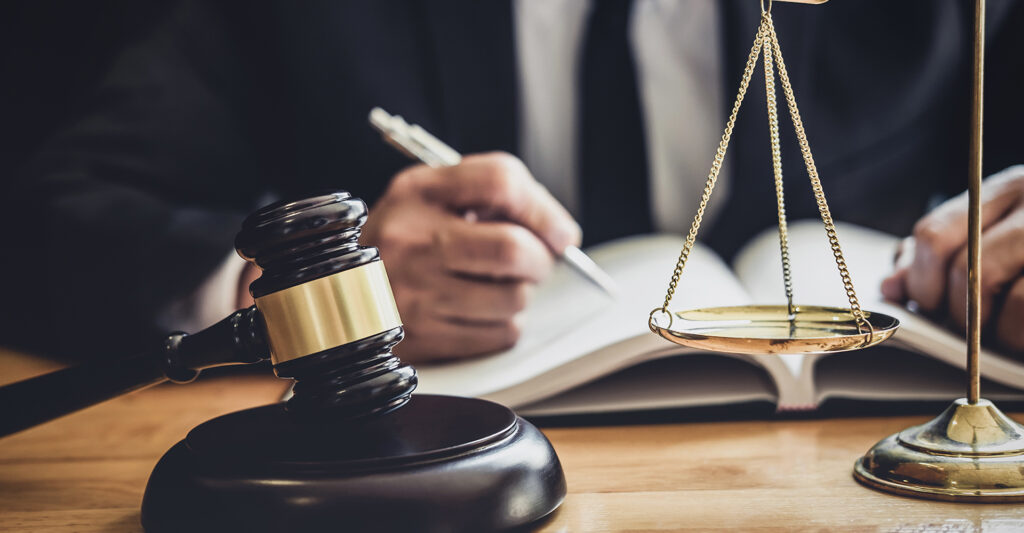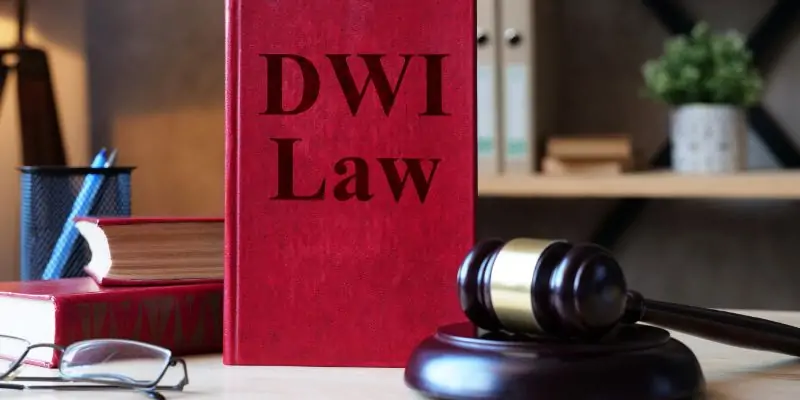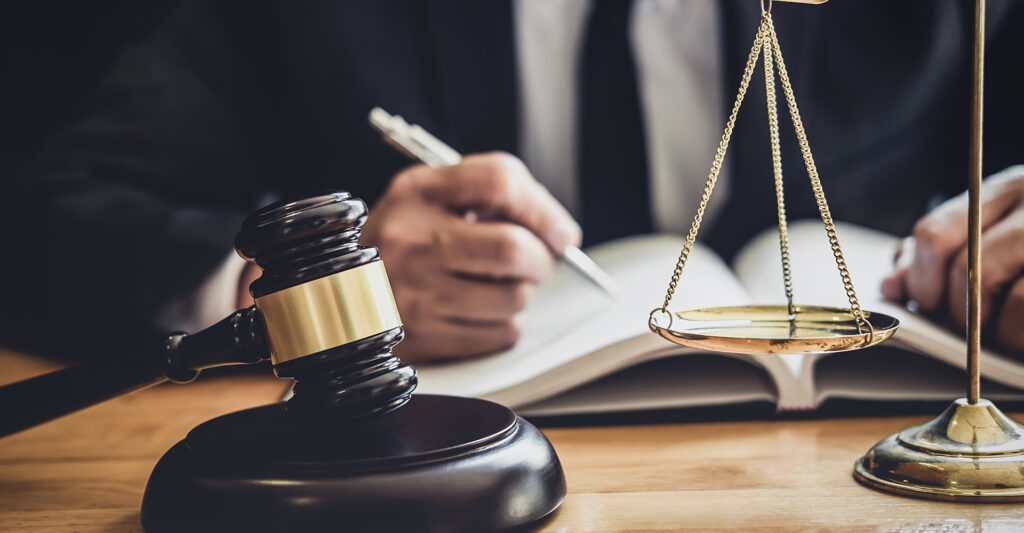Understanding the DWI Legal Process in Texas
The DWI legal process in Texas can be complex and intimidating for those unfamiliar with the system. It typically begins with an arrest, followed by a series of court appearances, including arraignment and pre-trial hearings, where the defendant's rights and options are discussed.
In Texas, the legal process involves specific timelines and requirements, such as filing motions and attending mandatory hearings. Understanding these steps is crucial for anyone facing DWI charges, as navigating the legal landscape effectively can significantly impact the outcome of their case.
Consequences of a DWI Conviction in Texas
A DWI conviction in Texas can lead to severe penalties, including fines, license suspension, and even jail time. The consequences vary based on the number of offenses and whether any aggravating factors were present during the incident, such as having a minor in the vehicle.
In addition to legal penalties, a DWI conviction can have lasting effects on personal and professional life, including increased insurance rates and challenges in employment opportunities. Understanding these repercussions can help individuals make informed decisions about their legal representation and defense strategies.
Common Defenses Against DWI Charges
There are several common defenses that individuals may employ to contest DWI charges. These can include questioning the legality of the traffic stop, challenging the accuracy of breathalyzer tests, or presenting evidence of medical conditions that may affect sobriety tests.
Each case is unique, and the effectiveness of a defense strategy can depend on the specific circumstances surrounding the arrest. Consulting with an experienced DWI attorney is essential to determine the best approach for each individual situation.
How to Choose the Right DWI Attorney
Selecting the right DWI attorney is a critical step in navigating the legal process. Potential clients should consider factors such as the attorney's experience with DWI cases, their understanding of Texas DWI laws, and their track record of achieving favorable outcomes for clients.
Additionally, it's essential to find an attorney who communicates effectively and makes clients feel comfortable discussing their case. A good attorney-client relationship can significantly impact the defense strategy and overall experience throughout the legal process.





